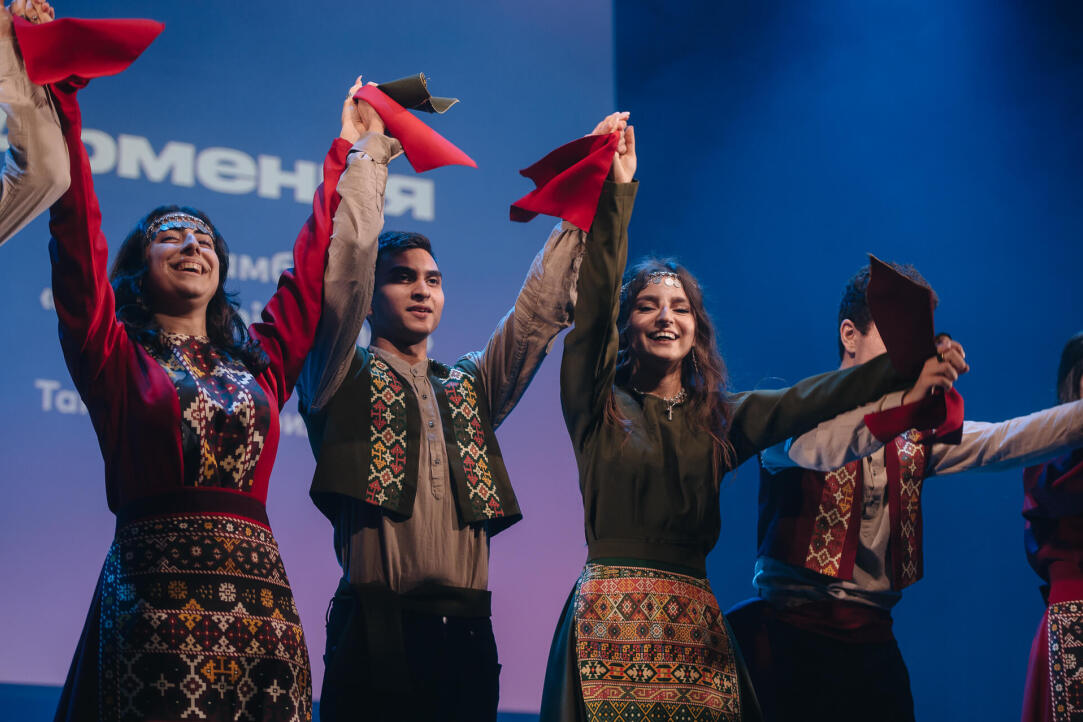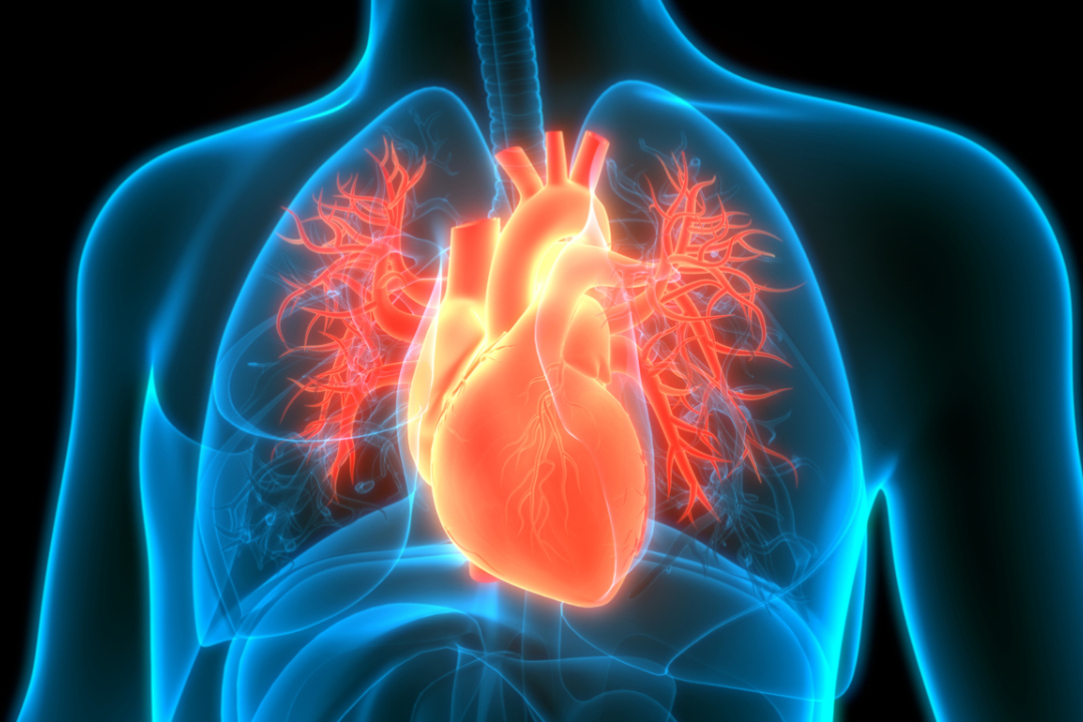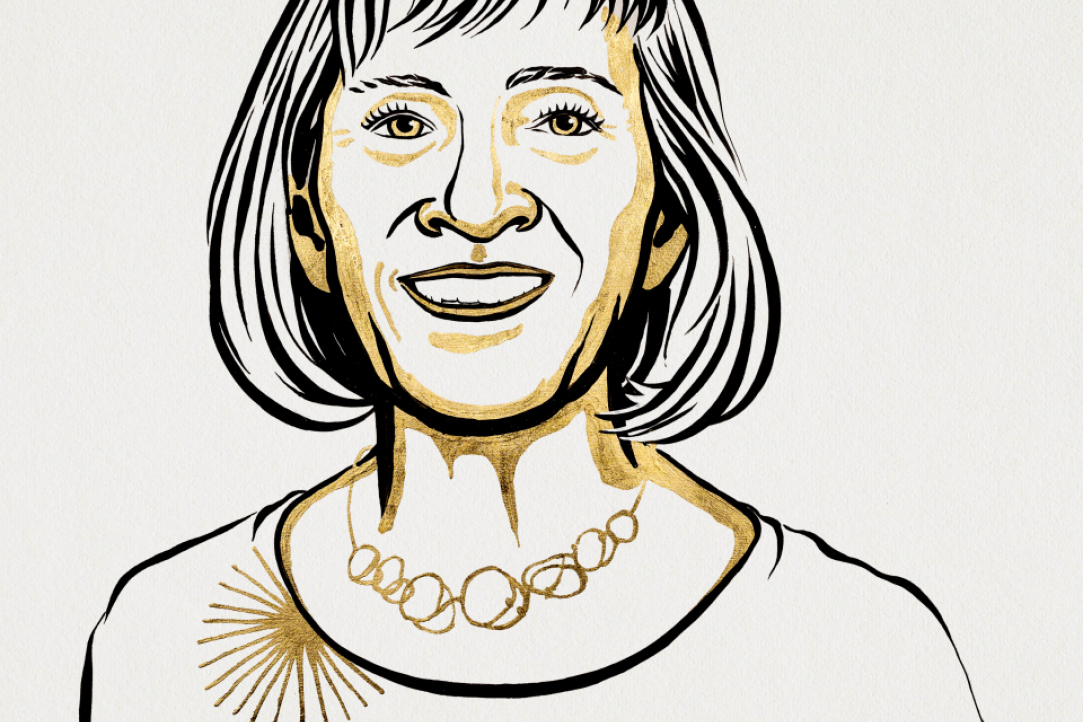
Card Index: 'Success and Self-Sustainability of the Individual in a Changing World'
HSE Strategic Project

HSE Unity Fest: Unity of Cultures and New Friendly Ties at HSE University
At the beginning of November, HSE University’s Cultural Centre hosted HSE Unity Fest, a large-scale festival organised by HSE University’s Chamber of Nationalities. The event was attended by 33 national clubs of the university, whose representatives told festival guests about the traditions of different nations.

Shanghai Ranking Names HSE Top Russian University in 11 Subjects
HSE University is this year’s leading Russian university in 11 subjects in the Shanghai Ranking. In seven of these, the university is the only Russian higher education institution to appear. This year, the university was ranked among the top universities for Communications for the first time and returned to the ranking for Sociology.

HSE University and Its Partners Will Create a Portfolio of Cardiodiagnostic Products
The strategic session ‘Development of Cardiodiagnostic Products: From Sequencing to Medical Practice’ was recently held at HSE University. The event focused on identifying the market requirements for technology and products developed in the field of genetic testing for cardiovascular diseases.

Student of HSE Art and Design School Becomes Finalist of Italian Film Festival
The work by Sofia Fedotova, 4th-year student of the Bachelor's track 'Communication Design', has made it to the final of the MAX3MIN 'very short' film festival in Italy.

Winner of 2023 Nobel Prize in Economics Announced
The Royal Swedish Academy of Sciences has awarded the Sveriges Riksbank Prize in Economic Sciences in Memory of Alfred Nobel 2023 to Claudia Goldin (Harvard University, Cambridge, MA, USA), ‘for having advanced our understanding of women’s labour market outcomes.’ According to the Nobel committee, Professor Goldin has uncovered key factors that determine gender differences in the labour market.

HSE University in Perm Turns 25
On September 29, HSE University celebrated the birthday of its Perm campus. Teachers, researchers, department heads, graduates, and students all shared their warm wishes for their university. Eduard Sosnin, Mayor of Perm city and HSE graduate, expressed his certainty that ‘HSE will always be the best university in the country.’
‘His Concern for the Country, City, and University at His Doorstep Was Yasin’s Unique Feature’
On September 28, the HSE Cultural Centre hosted a memorial service for Evgeny Yasin, an outstanding Russian economist, one of the founders of HSE University, and its academic supervisor for many years. His family, friends, colleagues and students came to say farewell and bring flowers.



